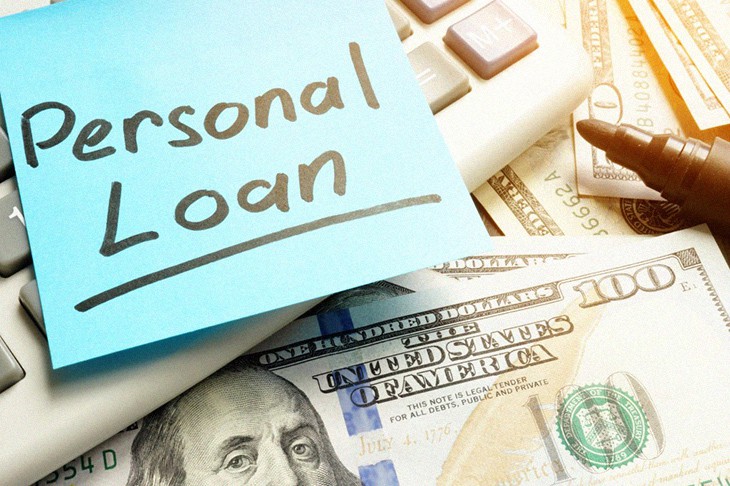
OfficeChai
I’m sure that sometimes, you’d like to pay your loan early but do you believe that you can be charged a penalty fee if you pay it off early?
You would think that every lending company would be happy to get their money back, but unfortunately, that’s not always the case. Most banks and finance companies charge a fee to borrowers like you who are planning to pay off their personal loans early.
Even though not all lenders do this, do yourself a favor and double-check if they charge a prepayment penalty fee. They charge these fees to mitigate the risk of prepayment, the reason is that if a borrower pays the loan off early, the lender will be defied of future interest payments.
What is a Prepayment Penalty?
A prepayment penalty is usually included in a clause on your mortgage contract stating that there will be a penalty if the borrower pays down or pays off the loan before its term, usually within the first five years of taking out the loan. It is sometimes based on a percentage of the remaining loan balance or a month’s worth of interest fee.
This penalty protects the lending institution against the financial loss of interest income that would otherwise have been paid over time.
How Does It Work and How Much Is It?
Lenders and banks calculate these penalties in different ways.
- A Percentage of the Loan Balance: Some private licensed moneylenders charge a percentage of your current loan balance. For example, if you owe $350,000 and the penalty is 3%, you pay a $10,500 prepayment penalty.
- Through Interest Costs: Other lenders calculate penalties based on how much interest they are going to earn if you keep the loan for the entire term. Calculations differ from lender to lender.
- Flat Fees: It is simple and fixed. For example, Wells Fargo charges $500 for prepaying some home equity lines of credit (HELOCs) within three years.
How Can You Avoid Prepayment Penalties?
There are several ways to avoid prepayment penalties.
First, waiting to pay off the loan on its term is one of the easiest solutions there is – but of course, that is the thing you don’t want to do that’s why you’re here.
- Partial Payment: It is a case-to-case basis depending on your loan. You can prepay a portion of your loan annually without facing any penalties. Some lending companies would allow you to prepay up to 20% of your loan balance every year without the penalty.
- Loan choice: They say that it is always great to shop first before deciding to borrow – a shop which lender is better or which type of loan is better. If you’re aiming to get a home loan, those loans do not feature prepayment penalties.
- Strategic Waiting: Since penalty changes over time, it can decrease or totally disappear after a few years. The best thing to do is to study what kind of loan you apply for.
- Sell your asset: Some lending institutions allow you to prepay without any penalties if you sold the asset. Again, not every prepayment will result in charging you a penalty fee.
Why Do Lending Companies Charge Fees?
Like what I have mentioned above, they do not usually anticipate you pay off your debts early for some kind of reason. However, when issuing a loan, these lenders plan to earn profit and receive regular payments (like regular income) from your loan. Unfortunately, they don’t get that revenue goal when you prepay.
Even though that is not always the case, most of the time, it is better to choose a loan with a prepayment penalty over a lending company that doesn’t issue those charges.
Conclusion
If you are planning to prepay your personal loan earlier than its term but you are worrying whether you will be charged a penalty fee or not, then you have to read the pointers stated above.
In case you really want to pay off your debt at the earliest time possible, you can choose a lending company that does not add a penalty fee clause in the contract. Make sure that it is not in any written form associated with your immediate cash loan.
Even if it is a usual thing that is included in every loan contract, there are lending institutions that do not add it because of certain circumstances.









































